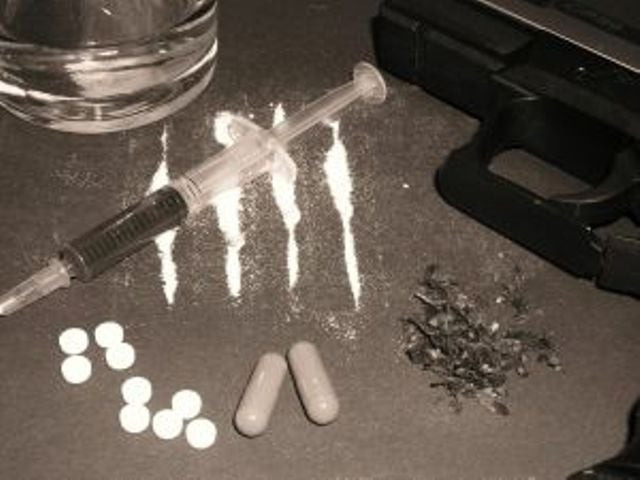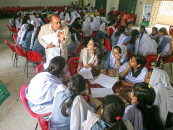Black markets bleeding Pakistan red
Study on illegal economy launched; Malik states drugs from Afghanistan funding terrorism.

Interior Minister Rehman Malik on Friday said that drugs and arms trafficking revenue is being used against Pakistan by terrorist groups. The practice is flourishing especially in Afghanistan, where US and Nato forces have failed to stop the cultivation of poppy.
Speaking at the launch of a Sustainable Development Policy Institute (SDPI) and United Nations Office on Drugs and Crime (UNODC) joint study on the illegal economy of Pakistan titled ‘Examining the dimensions, scale and dynamics of the illegal economy: a study of Pakistan in the region’, Malik said that global cooperation is a must to curb organised transnational crimes.
The SDPI report says that Pakistan’s informal economy is estimated at $34 billion, whereas the illegal economy is estimated at $1.2-1.5 billion. The report further revealed that Pakistan’s location next to Afghanistan, the world’s largest producer of opiates, makes it vulnerable to drug and precursors trafficking, as around 44 per cent of the heroin produced in Afghanistan transits through Pakistan. The destination value of the narcotics is estimated at approximately $27 billion.
The UNODC representative said the value of global illegal economy in 2009 was an estimated US$1.3 trillion, which was still growing and is now thought to represent between seven and 10 per cent of the global economy.
SDPI Programme Director Qasim Ali Shah shared the findings of the study and recommended mainstreaming efforts to curb the illegal economy into the development agenda framework, capacity-building of law enforcement agencies, international cooperation, education to address demand-side aspects, and further research. He said that the illegal economy is a subset of the informal economy and its size and scale in Pakistan has never been investigated.
Published in The Express Tribune, January 28th, 2012.






1724319076-0/Untitled-design-(5)1724319076-0-208x130.webp)












COMMENTS
Comments are moderated and generally will be posted if they are on-topic and not abusive.
For more information, please see our Comments FAQ